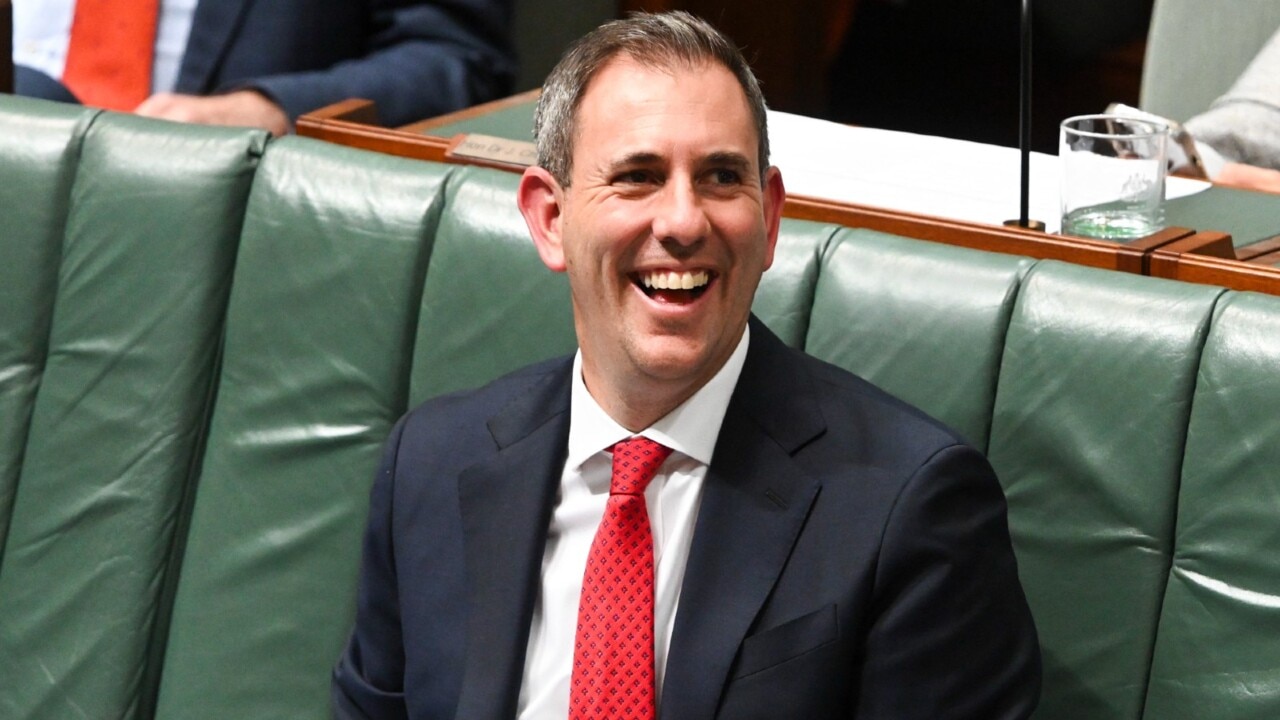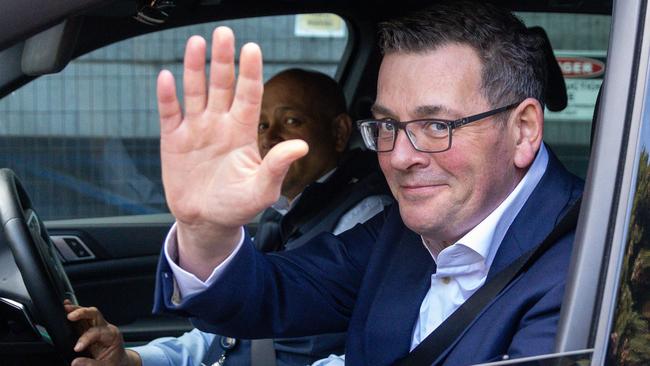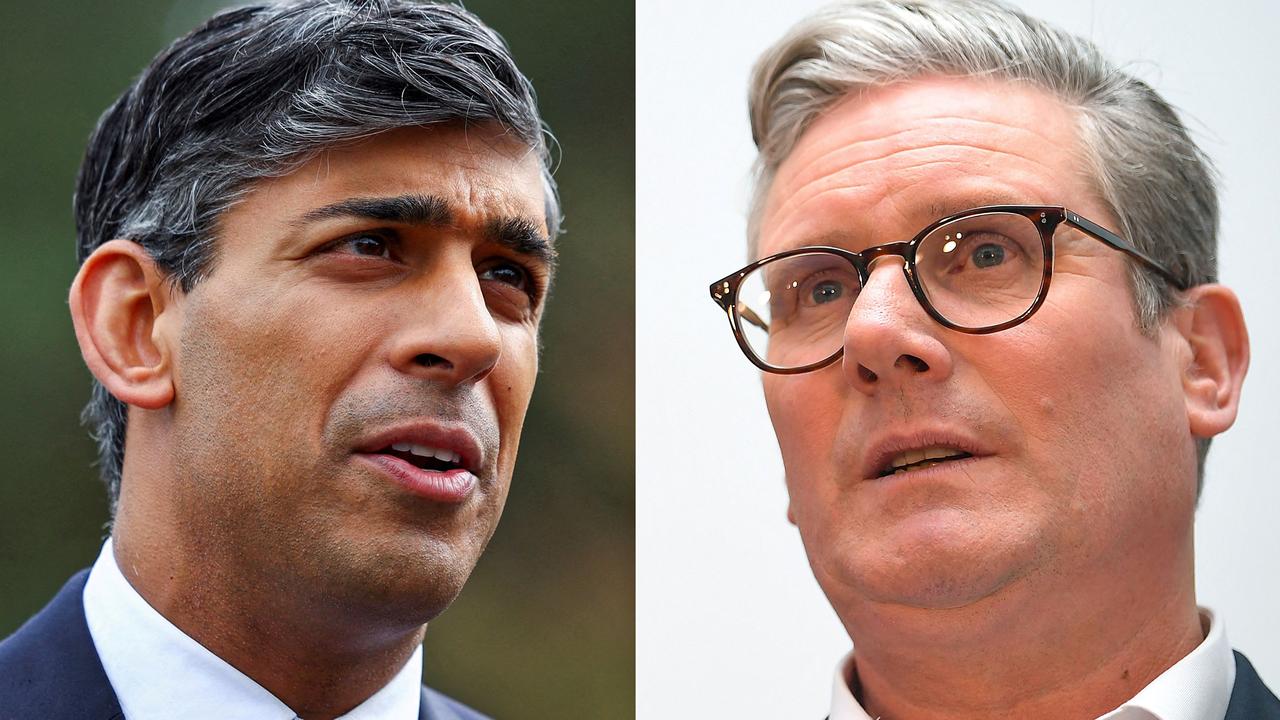Australia is starting to feel a lot like Greece before the crash | David Penberthy
There is a deep-seated ambivalence and in some quarters open hostility to business in this country, writes David Penberthy.

A survey out this week suggests that many people are starting to question the Covid-fuelled phenomenon of working from home.
There is a growing suspicion that this vaunted revolution of productivity and flexibility is all a bit of a con.
The national news website news.com.au posed the question this week as to whether workers who actually bother going into the office should be paid more than those who work remotely.
It was a very sizeable survey, with some 15,000 respondents, a hefty 37 per cent of whom said office workers should be paid at a premium.
They argued there were obvious and major savings for remote workers in not having to shell out for car travel, fuel, tolls, parking, or the cost of public transport, and other costs such as maintaining a presentable wardrobe as opposed to schlepping around doing Zoom meetings in the old tracky dacks.
These respondents also said they suspected home-based workers did not do as much work as office workers.
Surely that suspicion must be true.
TELL US WHY IN THE COMMENTS
I would doubt there is a person working from home who hasn’t snuck down to the supermarket or spent an hour in the garden or watching TV after becoming distracted working alone in the spare room on some dreary report.
The most telling and damning feature of the survey was how it addressed the question of how workers should be paid.
The survey did not propose that people working from home should be paid less by their employers reflecting the fact that they are already saving significant money.
Rather, the survey proposed that employers should pay office workers more, dipping into their own pockets to offer what is effectively a cash bribe to lure workers into doing something they should arguably be doing in the first place.
This feature of the survey said a lot about our national capacity to regard business as a cash cow with no regard for the consequences on its ability to maintain profits to keep people employed.
There is a deep-seated ambivalence and in some quarters open hostility to business in this country which has the potential to do all of us financial harm.
Perhaps it’s the result of being at near full employment but there are two streams of thought which make you wonder why anyone would be mad enough to go into the private sector at all these days.
The first is the idea that jobs themselves are some kind of inconvenience.
It now seems that workers have the right to issue all sorts of lifestyle-related demands in keeping with modern wellness principles to avoid being stressed or tired at work, or distracted in their sacred private time while out of work.
This mindset is epitomised by the push to ban out of hours emails, up to and including jail threats for any boss who dares approach a staff member after 5pm.
It’s a classic case of having your cake and eating it too, demanding the so-called right to all the flexibility of working remotely, while curling up in a ball and lodging a stress leave claim if an errant out of hours message lands in your inbox.
The second is the treatment of business as the go-to revenue-raising vehicle for policies which have no relation to their business activities.
The best (or worst) recent example of that was the mental health tax applied on Victorian big businesses by the Andrews-Allen Government in last year’s State Budget.
This was a top-shelf policy absurdity in that it took the dumbest tax in history – payroll tax, a punitive tax on employers for having the audacity to hire people – and turned it into a random cash-grab to prop up the mental health system.
Even by pinching $843 million a year off business, the levy proved a spectacular failure due to that Government’s financial incompetence, with last month’s Budget showing there are still huge demands on the state’s mental health system and a vast shortage of psychiatrists and psych nurses.
This is what full-blown public sector incompetence looks like, butting up against the sitting ducks of the private sector.
It was essentially an act of Marxist theft.

The Victorian Government lined up the top 5 per cent of Victorian businesses, 9100 companies with an annual payroll in excess of $10 million, and went after them to fund something for which they are not even remotely responsible.
I suppose when you end up paying almost $600 million not to host the Commonwealth Games, desperate times call for desperate measures.
The political thinking behind such policy outrageousness is to hope and pray that the public falls in behind this class war stuff, and that the refrain from the front bar is: “stuff ’em, they can afford it.”
The question we should all ask is, why should they have to afford it? Why should they have to pay a cent of it? And if they do end up paying it, what decisions will they have to make to offset this unforeseen cost, in terms of how many people they hire, or how much they charge for the goods and services they create.
Australia feels a bit like Greece before the GFC. We believe in bottomless pits of cash.
Luckily for us, unlike Greece, reliant largely on tourism to make a drachma, Australia is in the blessed position of groaning under the weight of natural resources.
Every time your turn over a rock in this country someone makes a million bucks. Maybe that invites slothful economic thinking.
Being near full employment certainly does.
As the Aztecs and the Romans remind us, nothing lasts forever.
Our collective ambivalence toward business and our indifference to the need for greater productivity is a recipe for long-term disaster.
More Coverage
Originally published as Australia is starting to feel a lot like Greece before the crash | David Penberthy





